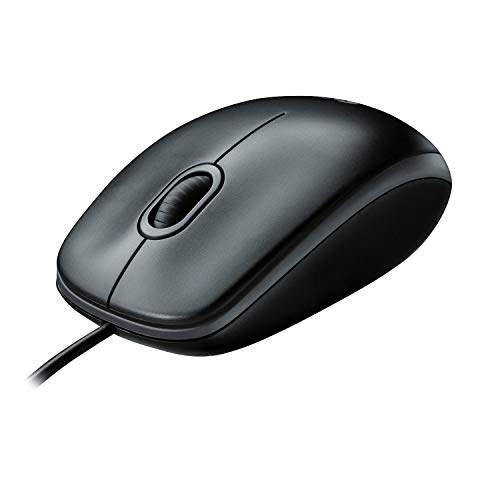Understand Your Needs
When choosing the right computer processor, it’s important to first understand your specific needs and requirements. Different types of processors are designed for different tasks, so it’s essential to identify what you’ll be using your computer for. Are you a professional gamer who needs a processor that can handle high-performance games, or are you a casual user who primarily uses their computer for web browsing and basic productivity tasks? By understanding your needs, you’ll be able to make a more informed decision when selecting a processor.
Consider Your Budget
Another important factor to consider when choosing a computer processor is your budget. Processors come in a range of price points, with higher performance processors usually costing more. Before making a decision, it’s crucial to set a budget and determine how much you’re willing to spend on a processor. Keep in mind that spending more on a higher-end processor may be worthwhile if you need the performance, but if you’re on a tight budget, there are also options available that offer good performance at a lower price point.
Research Processor Options
Once you have an understanding of your needs and budget, it’s time to research different processor options. There are a variety of brands and models to choose from, including Intel and AMD processors. It’s important to read reviews and compare specifications to determine which processor will best suit your needs. Look out for key factors such as the number of cores, clock speed, cache size, and power consumption. Websites such as Tom’s Hardware and AnandTech can provide valuable information and benchmarks to help you make an informed decision.
Consider Future Upgradability
When choosing a computer processor, it’s essential to consider future upgradability. Technology advances rapidly, and you’ll want a processor that will be able to handle future software and applications. Look for processors that are compatible with the latest motherboard sockets, as this will give you the option to upgrade your processor in the future if needed. It’s also worth considering the availability of future upgrades from the processor manufacturer.
Seek Expert Advice
If you’re still unsure about which computer processor to choose, it can be helpful to seek advice from experts in the field. Talk to knowledgeable friends or colleagues who have experience with computer hardware, or consider consulting with a professional at a trusted computer store. They can provide you with recommendations and help you understand the technical aspects of different processors, ensuring you make the best decision for your needs.






